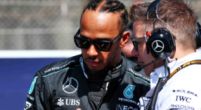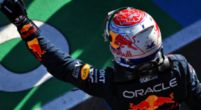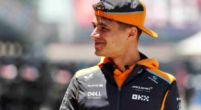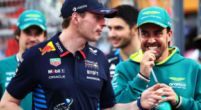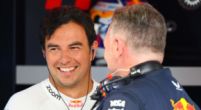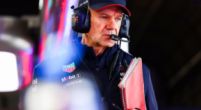F1 News
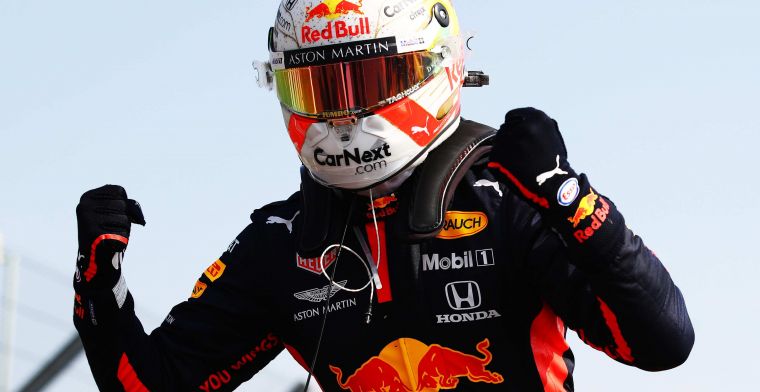
Red Bull continue to grow in Formula 1 with their own engines from 2022
For the first time since Red Bull has been active in Formula 1, they will start to look after their own engines. Red Bull Racing and AlphaTauri will start running Red Bull engines from 2022. A big step in the already rich history of Red Bull in F1.
Changing engines
In 2005 Red Bull Racing made their debut in Formula 1. Christian Horner became the youngest team principal in Formula 1 and had to make an impression on behalf of the energy drink with David Coulthard and Christian Klien. Red Bull got off to a strong start in the early years, but the real progress came with the arrival of Adrian Newey.
Ferrari had been pulling Newey for years as a top team because, with cars he built for Williams and McLaren, drivers often became champions. While Newey did not fall for the charms of Ferrari, Red Bull's ambitious plan did arouse the interest of the top designer.
Newey works wonders with Renault
In 2007, Newey's first model was shown on the track. For the first time, Red Bull drove with Renault engines. With engines from Renault (the 2006 world champions), Red Bull had to pave the way to the top.
On the basis of Newey, Red Bull finished fifth among the constructors in 2007, followed by a disappointing year in 2008 when they fell back to seventh place where the team had also finished in 2005 and 2006. Most painful was that the team ended up behind Toro Rosso, which even managed to win a Grand Prix with Sebastian Vettel.
Red Bull Racing – Renault a wonder duo
With the arrival of Vettel and the double diffuser, things went better with Red Bull Racing. In China, Vettel took the team's first win, with five more to follow that year. Three from Vettel and two from Mark Webber. The team just missed out on the title to BrawnGP, but the tone was set.
Renault has fallen further and further away since "Crashgate", while Red Bull's advance was clearly visible. The attention went more and more to the Austrian team because they were more competitive. In 2010 Sebastian Vettel was the youngest ever to win the world title in the last race of the season, and Red Bull Racing became the World Champions.
The success turned out not to be a one-off, because in 2011, 2012 and 2013 Red Bull dominated Formula 1, especially in 2011 and 2013 as years when really nobody could get to Red Bull and Vettel. Four world titles in a row, but with the new regulations of 2014 around the corner, the danger was lurking.
Relationship with Renault breaks down
Red Bull may have been ready for the new regulations in 2014, but Renault turned out not to have delved enough into hybrid engines. Mercedes' lead was huge, and Red Bull could only watch as Lewis Hamilton and one time Champion Nico Rosberg were able to pick up the titles without feeling any pressure from outside of their own team.
In all these years, Renault never managed to really close the gap with Mercedes and when Renault started their own team again, the relationship between the two sides became truly unbearable. Christian Horner, Helmut Marko and Max Verstappen openly expressed their dissatisfaction with Renault, and that did not go well with Cyril Abiteboul.
The marriage inevitably ended with divorce. Toro Rosso first switched to Honda engines and Red Bull would follow in 2019. With three wins in 2019, it became clear that Honda was not necessarily a step back for Red Bull. The question, however, was whether Honda would also be able to take that last step.
A short adventure with Honda
That turned out not to be the case for the time being. In 2020, Red Bull and Honda did not come close to Mercedes and Verstappen managed to "only" record two victories. Honda also decided to pull the plug from the F1 project, which meant that Red Bull, which went through life as a factory team, had to make a difficult choice.
Red Bull has made the choice to start producing the engines itself and to take over the F1 project from Honda. A big step in the already rich history of Red Bull. The team will not develop the engine themselves and will also have to look for a new partner from 2025, but until then Red Bull has everything in its own hands and may be able to take that last step towards the top.
This article was written and originally published by Tim on the Dutch edition of GPblog.com.









